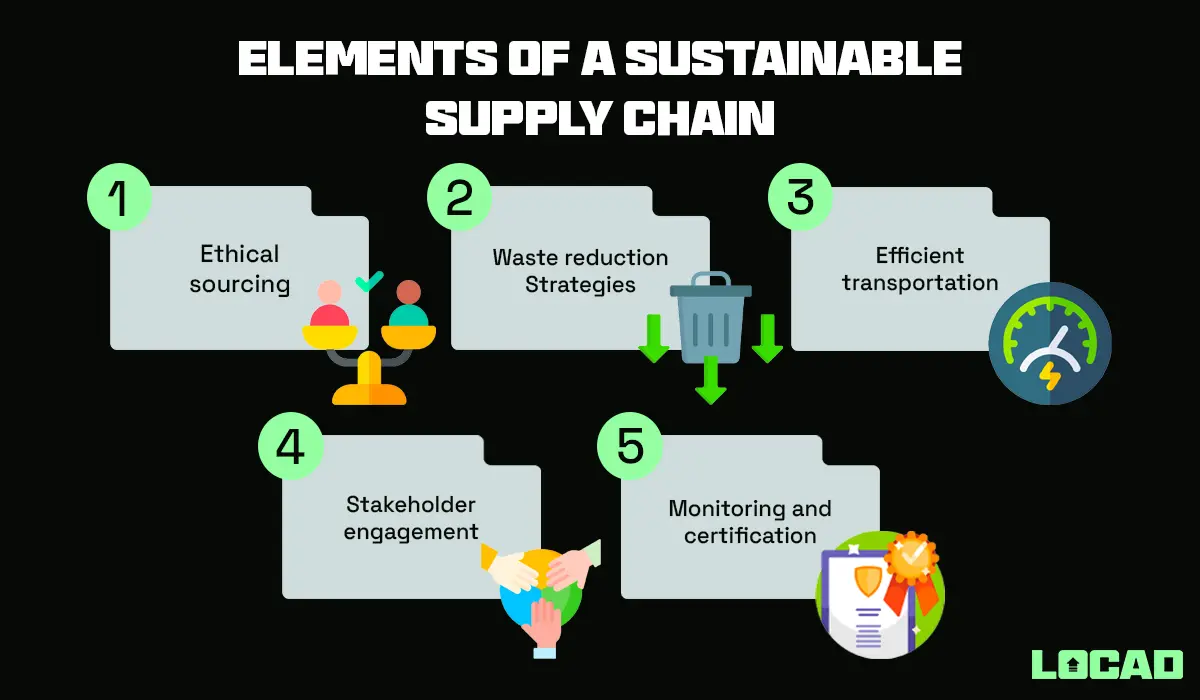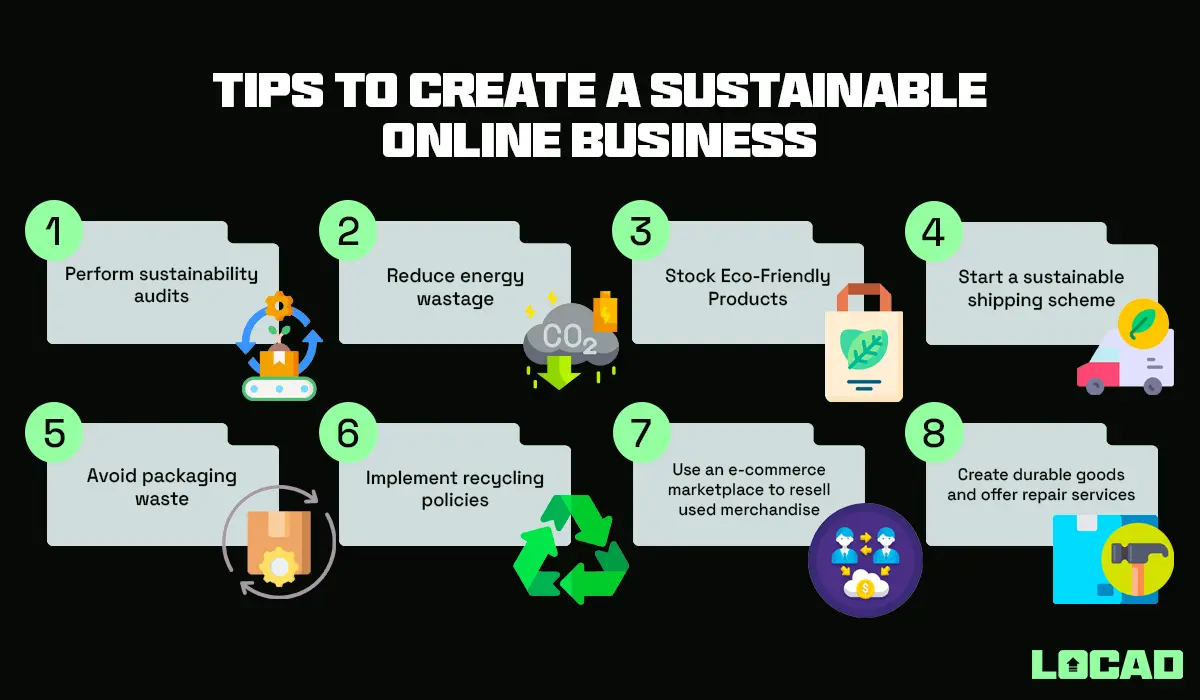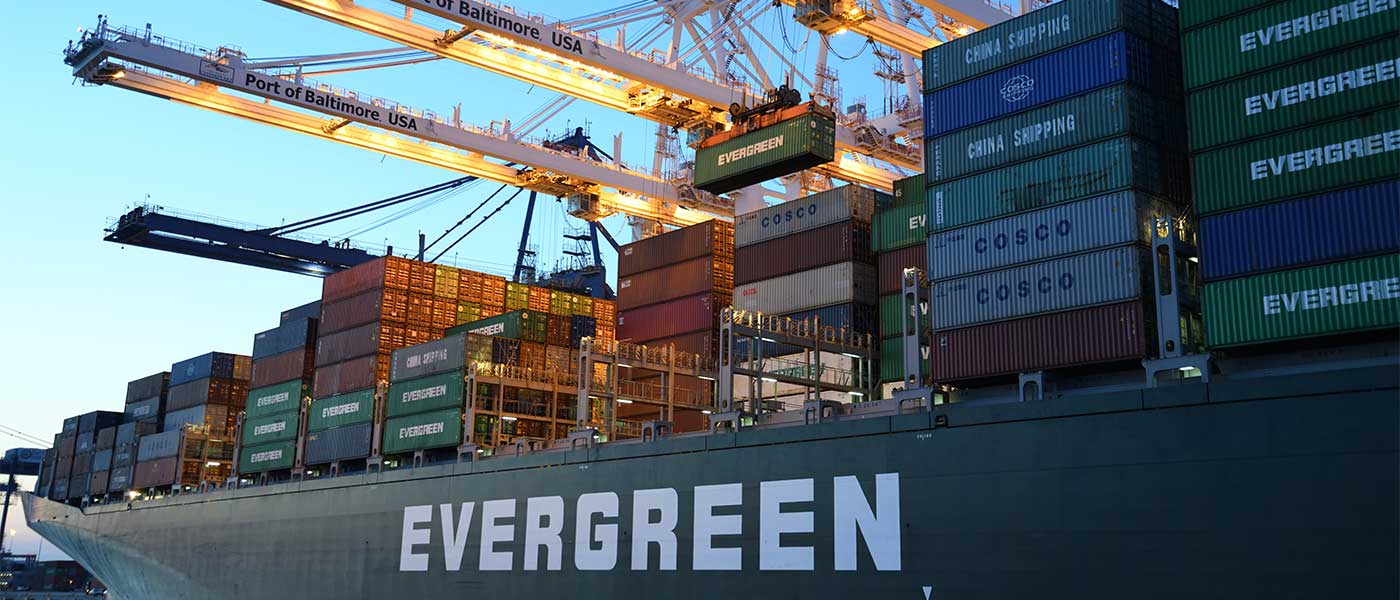In an era where ecological consciousness has taken centre stage, sustainability has become a defining factor for businesses, including e-commerce, in Australia. Embracing sustainable practices is no longer just a moral obligation but also a strategic imperative for companies looking to thrive in the long run.
To put things into perspective, according to research, 80% of e-commerce customers in Australia want to purchase from companies that place importance on environmental, social and governance (ESG). Another 54% state that they prioritise and look for sustainable elements when shopping.
This comprehensive guide explores the fundamental concepts of sustainable e-commerce, the importance of building a sustainable supply chain, and the specific context of sustainability in the Australian e-commerce landscape.
What Is Sustainable e-commerce?
Sustainable e-commerce goes beyond selling eco-friendly products. It involves integrating sustainable principles into every aspect of an online business, from sourcing raw materials to delivering the final product to customers. Key elements of eco-friendly e-commerce include:
- Environmentally Conscious Product Sourcing: Selecting raw materials and products with minimal environmental impact, promoting organic and ethically sourced goods.
- Energy Efficiency and Renewable Energy: Leveraging clean energy sources for warehouses, distribution centres, and offices, reducing carbon emissions.
- Sustainable E-commerce Packaging: Adopting sustainable packaging materials and reducing excess packaging to reduce waste.
- Eco-friendly Shipping and Logistics: Optimising transportation routes, using low-emission vehicles, and exploring carbon-neutral shipping options.
- Transparent Communication: Educating customers about the eco-credentials of products and the company’s sustainability efforts.
Sustainable Supply Chain: A Step Towards Eco-friendly Business
Have you ever wondered what multinational corporations and industries are doing to meet the social standard of the environment? Or,…
What Is A Sustainable Supply Chain?
A sustainable supply chain encompasses the end-to-end process of creating and delivering products while minimising environmental and social impacts. Building a sustainable supply chain involves ethical sourcing, waste reduction, efficient transportation, stakeholder engagement, and robust monitoring.

Ethical sourcing also involves partnering with suppliers that uphold fair labour practices and environmental responsibility. Waste reduction strategies focus on eliminating excess waste generation and exploring innovative recycling and upcycling methods. Efficient transportation optimises routes, reduces fuel consumption, and lowers emissions. Stakeholder engagement fosters collective responsibility and drives positive change throughout the supply chain. Monitoring and certification ensure transparency and accountability, building trust with consumers.
E-commerce businesses can minimise their environmental impact, support social responsibility, and contribute to a sustainable future by paying closer attention to the practices mentioned above.
Sustainability and E-commerce in Australia
Australia, known for its unique biodiversity and environmentally conscious populace, presents specific opportunities for sustainable e-commerce. Some of these have been discussed at length below:
- Eco-conscious Consumer Base: As discussed earlier, Red Research has found that the Australian consumer is increasingly demanding sustainable products and reward brands that align with their values. Therefore, Australian e-commerce businesses have embraced innovation, even leading the change in sustainable packaging and logistics choices, with almost 55% or 3.4 million tonnes of plastic recycled every year.
- Government Initiatives: The Australian government has set ambitious sustainability targets and encourages businesses to adopt greener practices. The Australian government has established the CSIRO with many environmental objectives. However, recognising and respecting Indigenous knowledge and cultural practices in sustainable business operations is of utmost priority to the cause and has been made into a separate objective altogether owing to the indigenous population’s contribution so far to eco-conscious undertakings.
- Emphasis on Circular Economy: With the intention to enable 80% of resource recovery from all streams, several Initiatives promoting circular economy practices, such as recycling and waste reduction, are gaining traction in Australia.
By adhering to sustainable e-commerce practices and building resilient supply chains, businesses in Australia can not only meet the country’s sustainability expectations but also establish themselves as pioneers in the global movement towards a greener future. As the e-commerce landscape evolves, embracing sustainability is not just an option but a strategic imperative for businesses seeking long-term success.
Tips to Create a Sustainable Online Business
Creating a sustainable online business requires a comprehensive approach encompassing various operations aspects. Listed below are some tips that can help any e-commerce businesses contribute to a greener future while aligning with sustainability expectations.

- Perform sustainability audits
Conduct regular sustainability audits to assess and analyse the environmental impact of your operations. This includes evaluating energy usage, waste generation, packaging materials, transportation logistics, and supplier practices. The insights gained from these audits will help identify areas for improvement and guide sustainable decision-making.
- Reduce energy waste
Adopt energy-efficient practices throughout your operations. This includes using energy-saving appliances, optimising lighting systems, and implementing power management strategies. Consider investing in renewable energy sources like solar panels to reduce your reliance on non-renewable energy and lower your carbon footprint.
- Stock Eco-Friendly Products
Source and offer eco-friendly products that are sustainably produced, have a minimal environmental impact and align with your customer’s values. Look for products made from recycled materials, organic and fair-trade options, and those with eco-certifications. Highlight the sustainability features of these products to attract environmentally conscious consumers.
- Start a sustainable shipping scheme
Implement sustainable shipping practices to lower the environmental impact of your logistics. Optimise packaging sizes, consolidate shipments and choose shipping partners that prioritise carbon-neutral or eco-friendly options. Explore innovative solutions like bicycle couriers or local delivery networks to reduce emissions for last-mile delivery.
Experience fulfillment by Locad today!
- Avoid packaging waste
Lower packaging waste by opting for sustainable packaging solutions. Choose materials that are recyclable, biodegradable, or compostable. Right-size packaging to reduce material usage and transportation costs. Encourage customers to recycle or reuse packaging materials and provide clear instructions on appropriate disposal methods.
- Implement recycling policies
Establish recycling policies within your organisation. Promote recycling of paper, plastics, and other materials at your workplace. Educate employees about recycling best practices and provide convenient recycling bins. Consider partnering with recycling initiatives to ensure proper disposal of e-waste and other specialised items.
- Use an e-commerce marketplace to resell used merchandise
Consider incorporating a platform or section within your e-commerce store that allows customers to resell or trade in used items. This promotes circular economy principles by extending the lifespan of products and reducing waste. Provide guidelines and safeguards to ensure the quality and authenticity of the used items being sold.
- Create durable goods and offer repair services
Design and offer products that are durable, repairable, and built to last. Encourage customers to choose quality over disposability. Provide repair services or partner with local repair shops to help customers extend the lifespan of their purchases. By supporting repairability, you reduce waste and enhance customer satisfaction.
How To Use Shopee Live Selling To Maximize Sales
Shopee Live, a livestream marketing feature, has become a game-changer, revolutionizing how e-commerce sellers connect with their audience. This interactive…
How Locad Can Support Your E-commerce Sustainability Goals
As the saying goes, “Every drop makes an ocean.” We live in the throes of climate change, and sustainability is not only a priority but one that will require consistent work. Therefore, it is essential to take the matter into our own hands and change things for good. Adopting the tips listed below can aid in doing just that!
Moreover, to cut down on emissions, consider outsourcing logistics to Locad. The 3PL system not only takes the arduous task of logistics off your hands but also helps you save the environment by combining shipments and even saving precious land that could have otherwise gone into warehousing.
So don’t wait any further and join Locad right now and reduce your business’s ecological footprint!













